World 1509-1745
Unifying Britain, Europe and the wider world during this period was trade and there are a number of articles and podcasts that explore that theme and the events connected to it, such as the horrors and injustices of the trans-Atlantic slave trade. There are also articles on exploration, Japan, India and the changes that were occurring to nations and political systems at that time.
Sort by:
Date (Newest first) | Title A-Z
Show:
All |
Articles |
Podcasts |
Multipage Articles
-
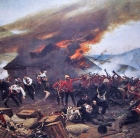
Do we need another hero? Rorke's Drift
ArticleClick to view -
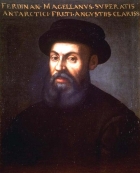
The Great Powers in the Pacific
ArticleClick to view -

Empires of Gold
ArticleClick to view -
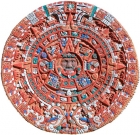
Culture Shock: The Arrival of the Conquistadores in Aztec Mexico
ArticleClick to view -

A Commercial Revolution
ArticleClick to view -
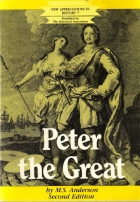
Peter the Great
ArticleClick to view -
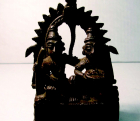
Representations of Empire: Learning through Objects
ArticleClick to view -
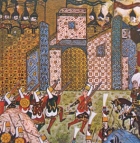
Upwards till Lepanto
ArticleClick to view -

Mughal moments made memorable by Movie Maker
ArticleClick to view -

A-Level Essay: To what extent does the art of the Edo period of Japan reflect the contentment of the classes within its society?
ArticleClick to view -

Confounding expectation at Key Stage 3: flower-songs from an indigenous empire
ArticleClick to view

